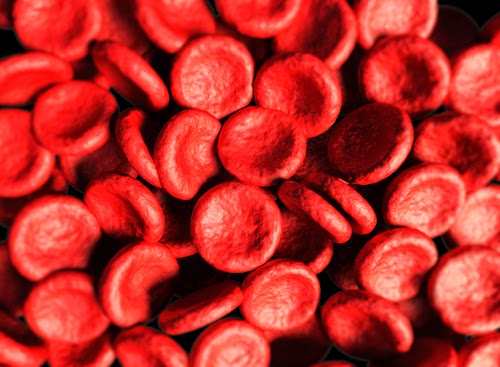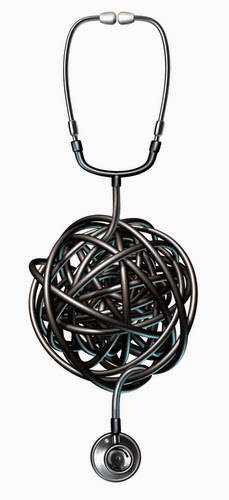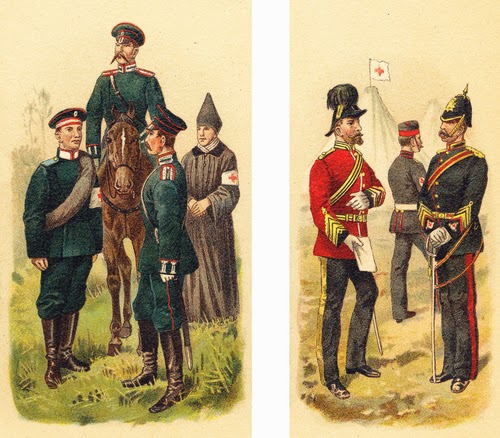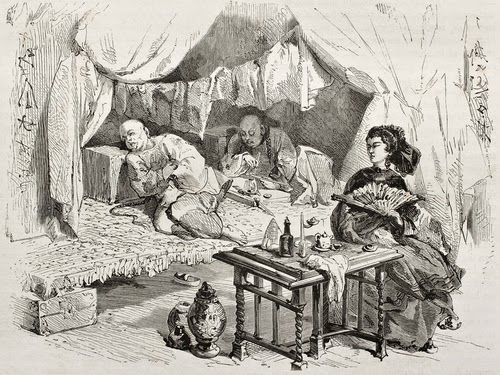October 20, 2014
Labor and Delivery
The obstetrics nurses rushed the stretcher through the triage station as the resident tore out of her chair and followed them. I jumped up and ran with her. It was the second night of my obstetrics rotation and there was no time for triaging this patient, who was on the verge of giving birth. And because she spoke almost no English we...









